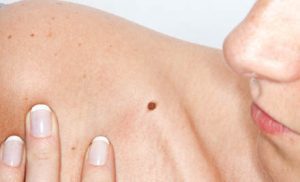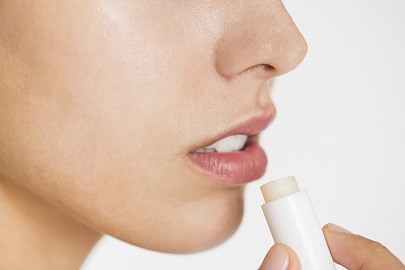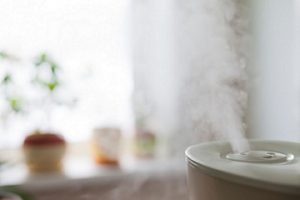
What are the best ways to look great this holiday season? When it comes to your skin, Toronto Dermatology Centre has the answer for you.
Not only do we want to look extra special for all of the holiday parties, we also want to look great for relatives we haven’t seen in a long time, friends, and maybe that someone special we want to impress. While dealing with cold weather, stress, not enough sleep, and the results of too many sweets or alcoholic beverages, somehow we still want that glowing, silky smooth skin that we are forever striving to achieve.
While there may not be enough time now to deal with bigger issues such as acne scars, there are some things that help to give instant brightening and a fresher look for the holidays.
The Laser Genesis treats so many skin conditions, but what I like is the fact that even by the next day, the skin appears smoother, tighter and pores appear so much smaller. I find the skin tightening effect can last up to a month, and the collagen it produces is an added bonus for down the road.
The Bela MD+ microdermabrasion treamtent infuses ingredients such as Vitamin C or hydrating ingredients directly into the skin during the microdermabrasion. Another treatment that gives instant freshness to the skin with no downtime and is quite pleasant to have done.
Our physicians can plump up the volume in the lips, cheeks and other areas that may be depleted from aging or weight loss with fillers. Again, the results are quick and make you feel like you had a mini facelift…. without surgery or downtime. Our doctors give natural results so that the patient looks renewed, not fake, and their credentials and experience makes them amongst the best in the business.
Finally, home care is very important. Although some of our products help the skin in the long run, there are several that will help give the skin a “pick me up” within a day or two. Be sure to ask our medical estheticians which ones are best for your skin.
If you are unsure of what the best option for you skin might be, don’t hesitate to come in and see us. Consults are always complimentary and only take about 15 minutes. You could be walking out with refreshed, happy skin….. just in time for the season’s celebrations. And why not look your best? You deserve it!


 George Herbert Walker Bush, our 41st President, passed away last night. This commentary is a personal reflection on a “pen pal” experience in 1986 that still makes me smile.
George Herbert Walker Bush, our 41st President, passed away last night. This commentary is a personal reflection on a “pen pal” experience in 1986 that still makes me smile.


